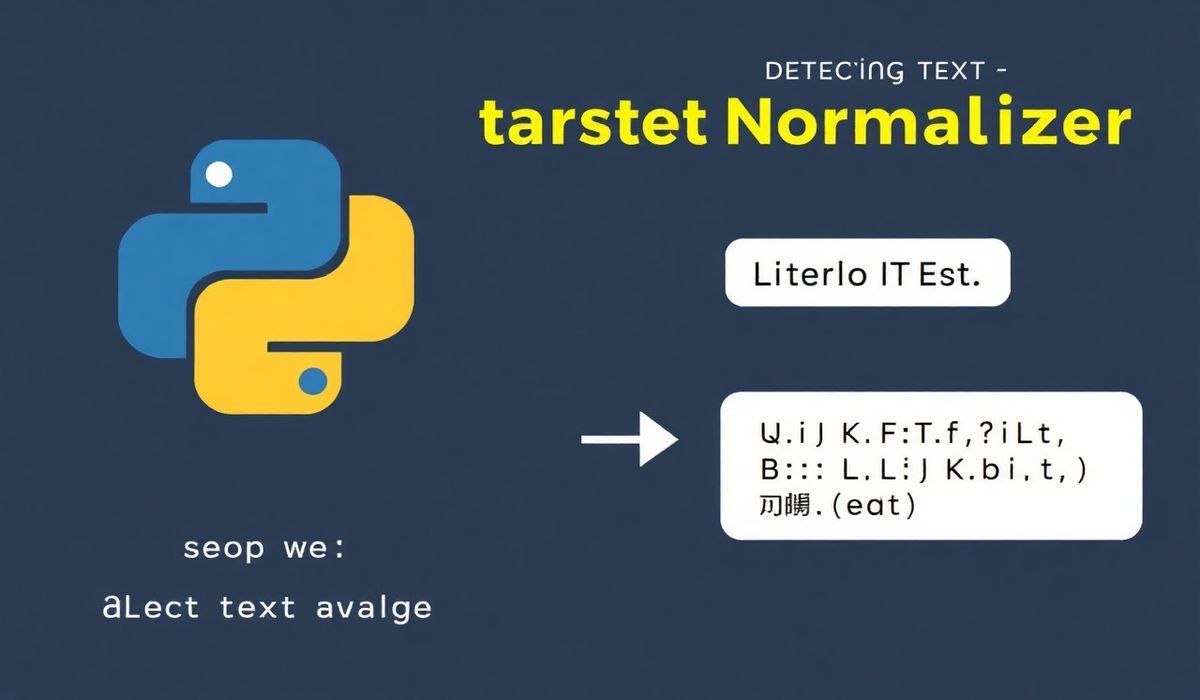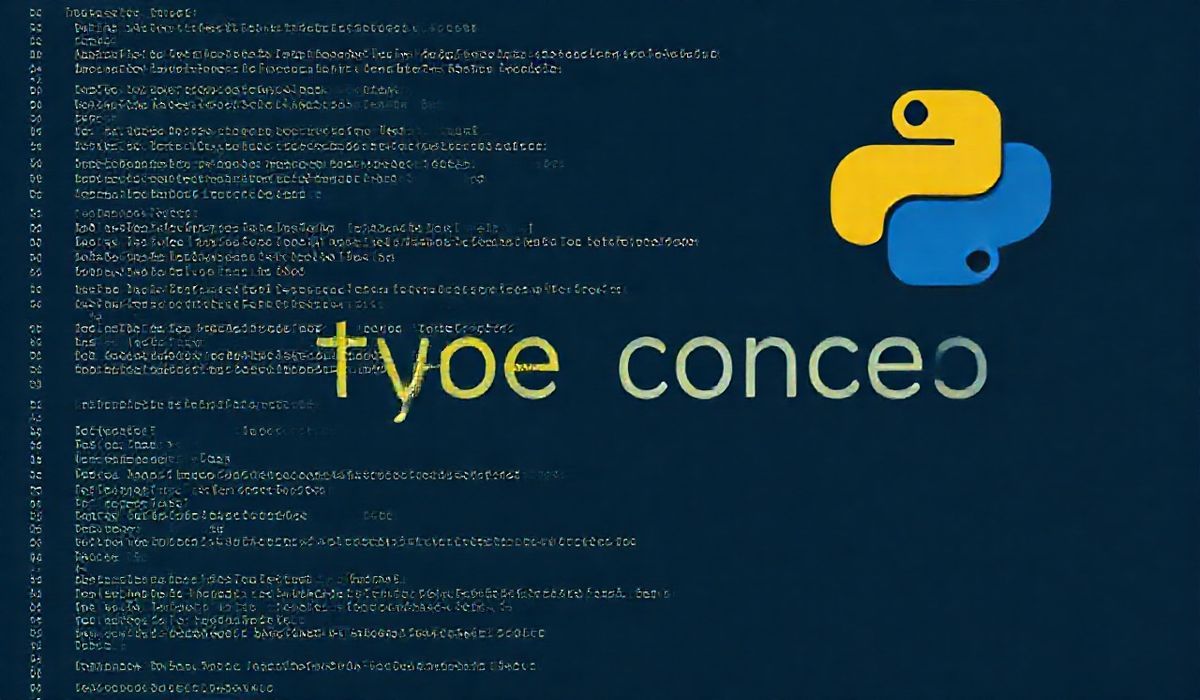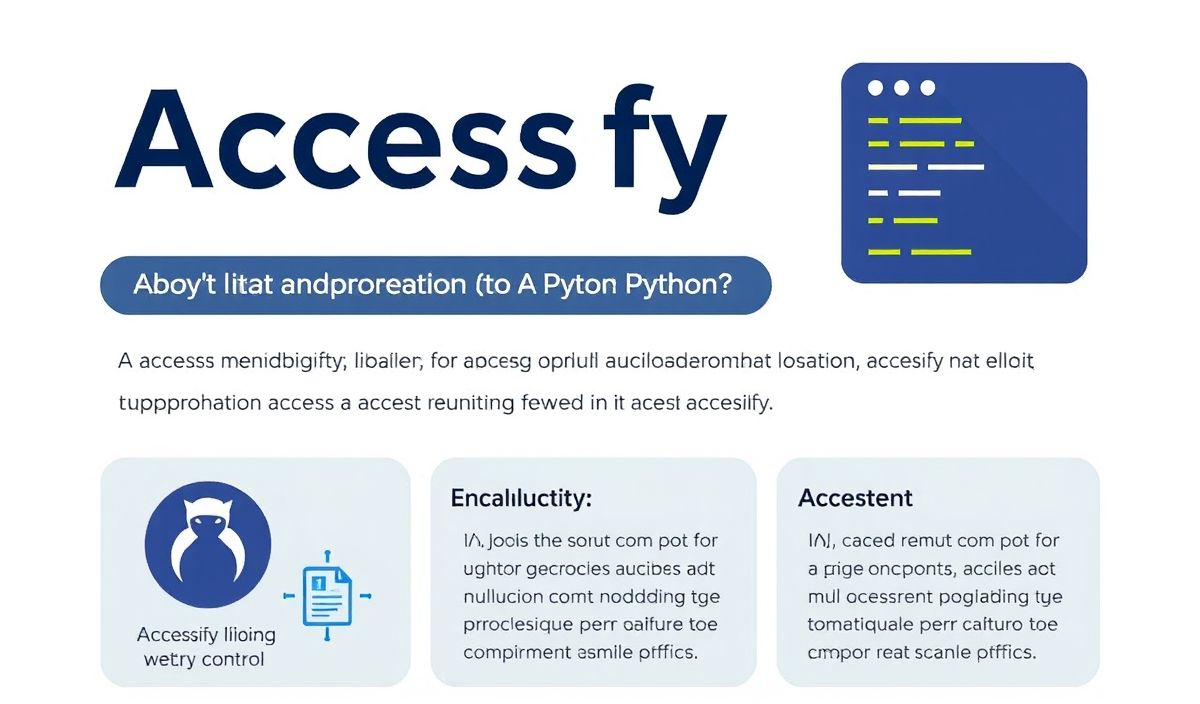Introduction to Conventional Changelog
Conventional Changelog is a tool that helps developers create consistent and easy-to-read changelog files based on commit messages. This streamlines the release process and ensures better communication with team members and users. In this guide, we’ll explain some of the most useful APIs provided by Conventional Changelog and give examples to help you integrate it into your project.
Basic Usage
To get started with Conventional Changelog, you need to install it via npm:
npm install -g conventional-changelog-cli
You can then generate a changelog for your project:
conventional-changelog -p angular -i CHANGELOG.md -s
API Examples
Create a New Changelog
const conventionalChangelog = require('conventional-changelog');
conventionalChangelog({
preset: 'angular'
})
.pipe(fs.createWriteStream('CHANGELOG.md'));
Updating an Existing Changelog
const conventionalChangelog = require('conventional-changelog');
const fs = require('fs');
conventionalChangelog({
preset: 'angular'
})
.pipe(fs.createWriteStream('CHANGELOG.md', { flags: 'a' }));
Customizing Output
const conventionalChangelog = require('conventional-changelog');
const fs = require('fs');
conventionalChangelog({
preset: 'angular',
releaseCount: 2
})
.pipe(fs.createWriteStream('CHANGELOG.md'));
Using a Custom Template
const conventionalChangelogWriter = require('conventional-changelog-writer');
const template = fs.readFileSync('template.hbs', 'utf-8');
const stream = source.pipe(conventionalChangelogWriter({
preset: 'angular',
mainTemplate: template
}));
stream.pipe(fs.createWriteStream('CHANGELOG.md'));
Example Application
Here’s an example setup of a Node.js application that uses Conventional Changelog for versioning:
const conventionalChangelog = require('conventional-changelog');
const fs = require('fs');
// Generate initial changelog
conventionalChangelog({
preset: 'angular'
})
.pipe(fs.createWriteStream('CHANGELOG.md'));
// Simulate updates and append to changelog on subsequent releases
function updateChangelog() {
conventionalChangelog({
preset: 'angular'
})
.pipe(fs.createWriteStream('CHANGELOG.md', { flags: 'a' }));
}
// Example usage after commits
updateChangelog();
With this setup, your project will maintain a well-organized changelog, making it easier for everyone to track changes and updates.
Hash: b37728fba2476b9f490edb4a5cece7650614b7ce2bbcb2f6610337769f1e5b2b




